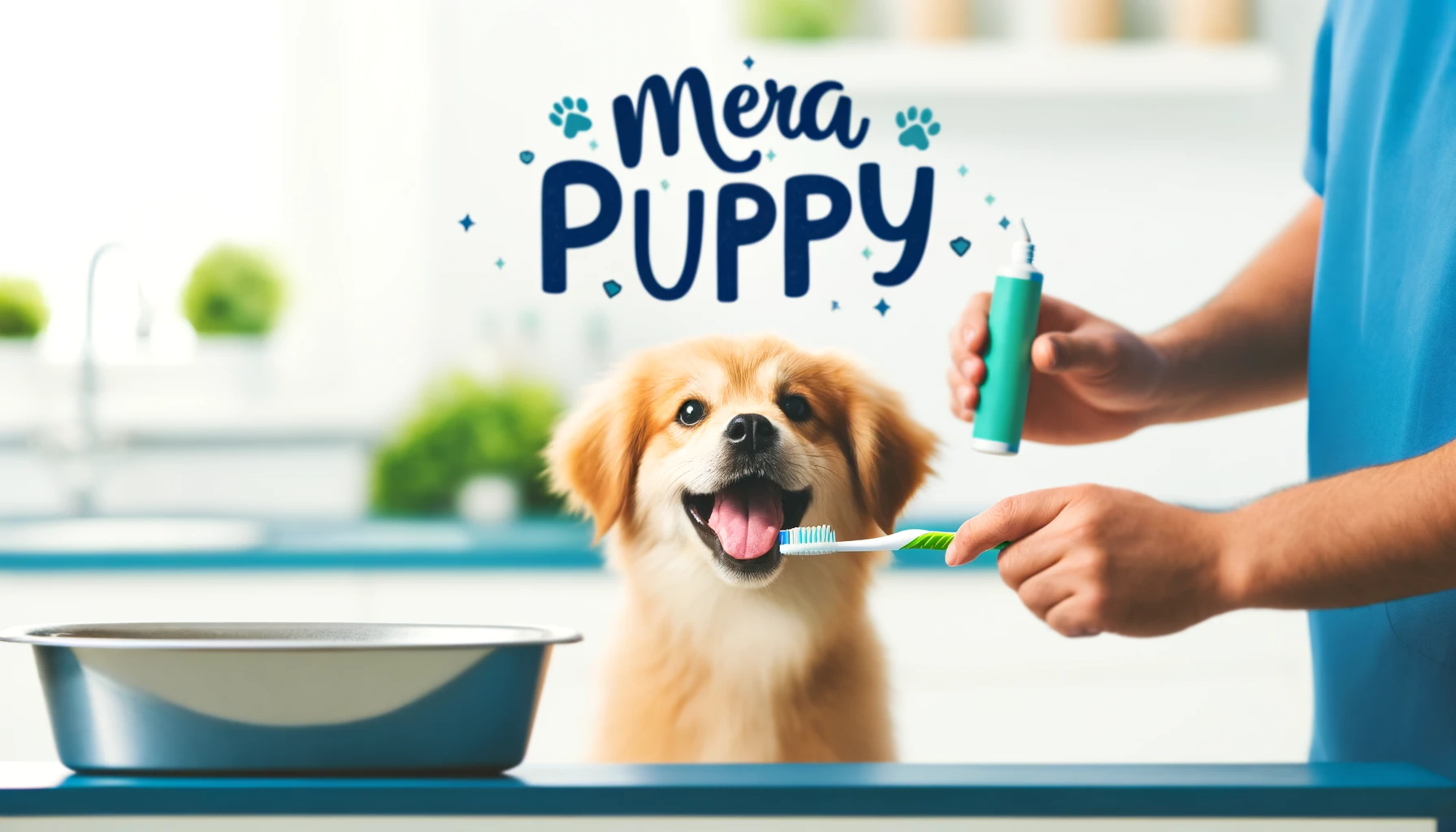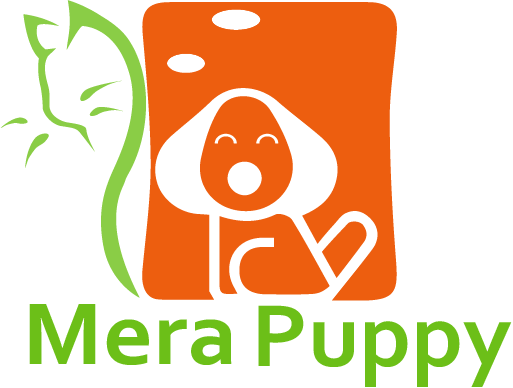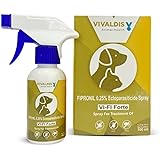- Empty cart.
- Continue Shopping
Dental Care

Essential Tips for a Healthy Canine Smile
Proper dental care is essential for maintaining your dog’s overall health and well-being. Neglecting your dog’s dental hygiene can lead to serious health issues, including gum disease, tooth loss, and even systemic infections. In this article, we will explore the importance of dental care for dogs, common dental problems, and effective ways to keep your dog’s teeth clean and healthy.
Importance of Dental Care for Dogs
Dental health is just as important for dogs as it is for humans. Poor dental hygiene can lead to plaque and tartar buildup, which can cause bad breath, gum disease, and tooth decay. If left untreated, these issues can result in painful infections and tooth loss, significantly affecting your dog’s quality of life. Moreover, bacteria from the mouth can enter the bloodstream, potentially causing infections in other parts of the body, including the heart, liver, and kidneys.
Common Dental Problems in Dogs
- Plaque and Tartar Buildup: Plaque is a sticky film of bacteria that forms on teeth. If not removed, it hardens into tartar, which can lead to gum inflammation and periodontal disease.
- Gingivitis: This is the early stage of gum disease, characterized by red, swollen gums that may bleed. It is reversible with proper dental care.
- Periodontal Disease: This advanced stage of gum disease can cause severe pain, tooth loss, and infections. It occurs when bacteria invade the structures supporting the teeth.
- Tooth Fractures: Dogs can fracture their teeth by chewing on hard objects. Fractured teeth can be painful and may require extraction or root canal treatment.
Effective Dental Care Tips
Regular Brushing
Brushing your dog’s teeth is the most effective way to prevent dental problems. Use a toothbrush and toothpaste specifically designed for dogs. Start by letting your dog get used to the taste of the toothpaste and gradually introduce the toothbrush. Aim to brush your dog’s teeth at least 2-3 times a week, if not daily.
Dental Chews and Toys
Dental chews and toys are designed to reduce plaque and tartar buildup while providing your dog with an enjoyable activity. Look for products approved by the Veterinary Oral Health Council (VOHC), which have been tested for their effectiveness in improving dental health.
Professional Dental Cleanings
Regular veterinary check-ups are crucial for maintaining your dog’s dental health. Your veterinarian can perform professional cleanings to remove tartar and plaque that cannot be addressed by brushing alone. These cleanings are typically done under anesthesia to ensure thorough cleaning and examination.
Healthy Diet
Feeding your dog a balanced diet can also contribute to good dental health. Some dog foods are specifically formulated to reduce plaque and tartar buildup. Avoid giving your dog sugary treats or table scraps that can contribute to dental problems.
Monitoring and Early Detection
Keep an eye on your dog’s dental health by regularly checking for signs of dental issues. Look for bad breath, red or swollen gums, loose teeth, and difficulty eating. Early detection and treatment of dental problems can prevent more serious health issues down the line.
Conclusion
Maintaining your dog’s dental health is crucial for their overall well-being. By incorporating regular brushing, providing dental chews, scheduling professional cleanings, and ensuring a healthy diet, you can help keep your dog’s teeth and gums healthy. Regular monitoring and early detection of dental issues can also prevent more serious health problems. Prioritize your dog’s dental care to ensure a happy, healthy, and pain-free life.




























[…] Dental Care: Maintain your dog’s oral health with regular teeth brushing and dental treats. […]
[…] diseases in dogs can lead to serious health issues affecting the heart, kidneys, and liver. Regular dental care can prevent these problems and extend the lifespan of our canine […]